|
||||||||
|
|
||||||||
|
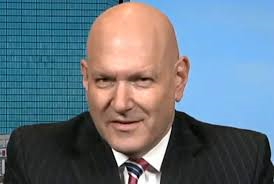
Ablow was born in Marblehead, Massachusetts. He graduated from Brown University in 1983, magna cum laude, with a Bachelor of Science degree in neurosciences. He received his Doctor of Medicine degree from Johns Hopkins Medical School in 1987 and completed his psychiatry residency at the Tufts-New England Medical Center. He was Board Certified by the American Board of Psychiatry & Neurology in psychiatry in 1993 and forensic psychiatry in 1999.
Ablow is the author of six psychological fiction thrillers featuring Frank Clevenger, a forensic psychiatrist dedicated to a search for truth, no matter where it leads. More than one of the titles was a USA Today bestseller.
Ablow's true crime book, Inside the Mind of Scott Peterson, was a New York Times bestseller. In 2007, Ablow published a prescriptive self-help book, Living the Truth: Transform Your Life Through the Power of Insight and Honesty in conjunction with a self-help web community. His 2011 book, The 7, co-authored by Glenn Beck, was released in January 2011 . In November, St. Martin's Press published a second Ablow book, Inside the Mind of Casey Anthony: A Psychological Portrait.
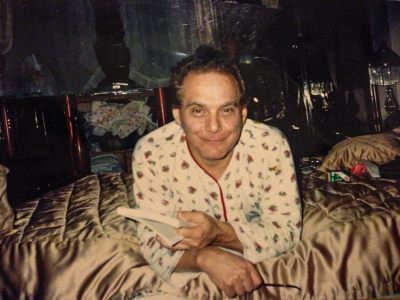
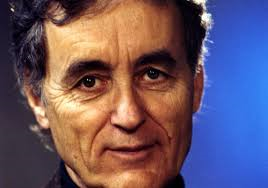
Fritjof Capra (born February 1, 1939) is an Austrian-born American physicist. In 1995, he became a founding director of the Center for Ecoliteracy in Berkeley, California. He is on the faculty of Schumacher College.Capra first became popularly known for his book, The Tao of Physics, which explored the ways in which modern physics was changing our worldview from a mechanistic to a holistic and ecological one. Published in 1975, it is still in print in more than 40 editions worldwide and is referenced with the statue of Shiva in the courtyard of one of the world’s largest and most respected centers for scientific research: CERN, the Center for Research in Particle Physics in Geneva.
Over the past 30 years, Capra has been engaged in a systematic exploration of how other sciences and society are ushering in a similar shift in worldview, or paradigms, leading to a new vision of reality and a new understanding of the social implications of this cultural transformation.
His book, The Systems View of Life (Cambridge University Press, 2014), presents a grand new synthesis of this work—integrating the biological, cognitive, social, and ecological dimensions of life into one unified vision. Several critics have suggested that The Systems View of Life, which Capra coauthored with Pier Luigi Luisi, Professor of Biology at the University of Rome, is destined to become another classic.
The main focus of Capra’s environmental education and activism has been to help build and nurture sustainable communities. He believes that to do so, we can learn valuable lessons from the study of ecosystems, which are sustainable communities of plants, animals, and microorganisms.
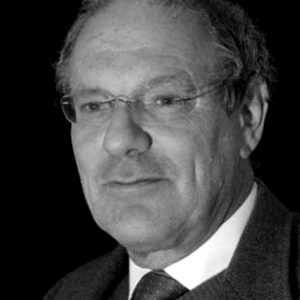
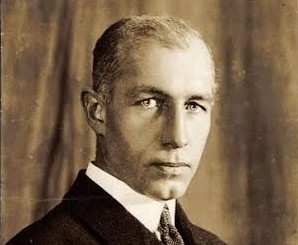
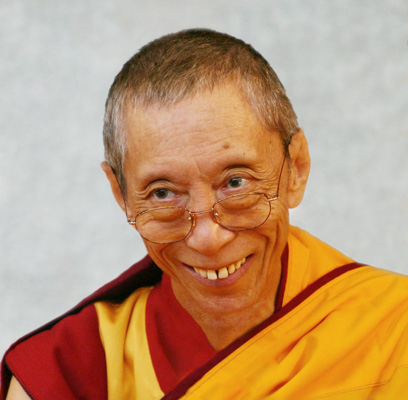
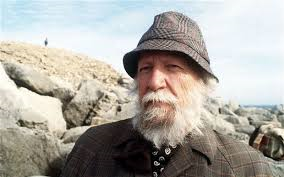
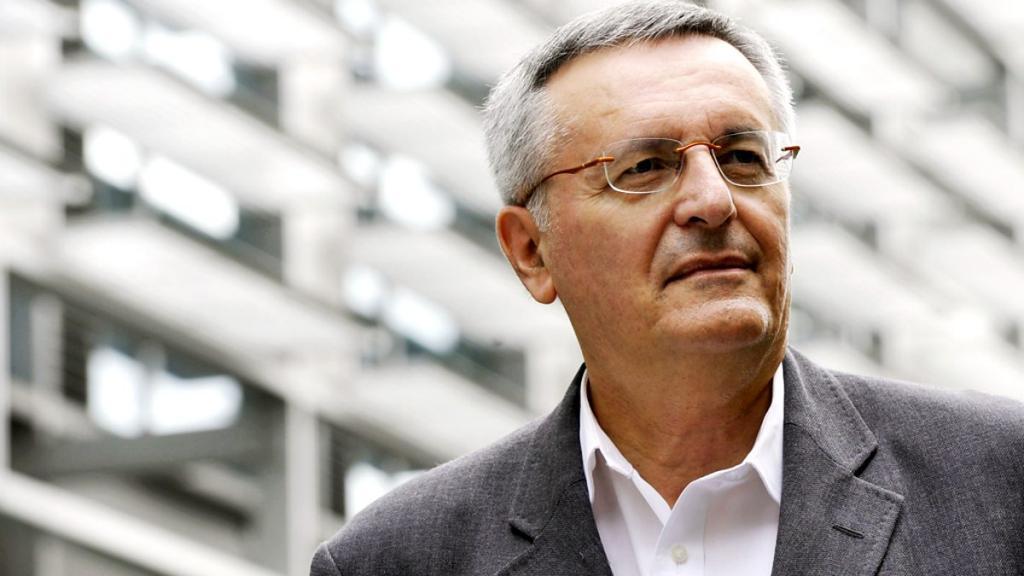
Gray was born into a working-class family, with a docker-turned-carpenter father, in South Shields, which was then in County Durham, England.
Gray's political thought is noted for its mobility across the political spectrum over the years. As a student, Gray was on the left and continued to vote Labour into the mid-1970s. By 1976 he had shifted towards a right-liberal New Right position, on the basis that the world was changing irrevocably through technological inventions, realigned financial markets and new economic power blocs and that the left failed to comprehend the magnitude and nature of this change.[7] In the 1990s Gray became an advocate for environmentalism and New Labour. Gray considers the conventional (left-wing/right-wing) political spectrum of conservatism and social democracy as no longer viable.
On liberalism, Gray identified the common strands in liberal thought as being individualist, egalitarian, meliorist, and universalist. The individualist element avers the ethical primacy of the human being against the pressures of social collectivism, the egalitarian element assigns the same moral worth and status to all individuals, the meliorist element asserts that successive generations can improve their sociopolitical arrangements, and the universalist element affirms the moral unity of the human species and marginalises local cultural differences.
More recently, he has criticised neoliberalism, the global free market and some of the central currents in Western thinking. It is perhaps for this critique of humanism that Gray is best known. Central to the doctrine of humanism, in Gray’s view, is the inherently utopian belief that humans are not limited by their biological natures and that advances in ethics and politics are cumulative and that they can alter or improve the human condition, in the same way that advances in science and technology have altered or improved living standards. Gray contends, in opposition to humanism, that history is not progressive, but cyclical.
Human nature, he argues, is an inherent obstacle to cumulative ethical or political progress. Seeming improvements, if there are any, can very easily be reversed: one example he has cited has been the use of torture by the United States against terrorist suspects. "What's interesting," Gray said, "is that torture not only came back, but was embraced by liberals, and defended by liberals. Now there are a lot of people, both liberal and conservative, who say, 'Well, it's a very complicated issue.' But it wasn't complicated until recently. They didn't say that five or ten years ago."
Furthermore, he argues that this belief in progress, is in fact derived from an erroneous Christian notion of humans as morally autonomous beings categorically different from other animals. This belief, and the corresponding idea that history makes sense, or is progressing towards something, is in Gray’s view merely a Christian prejudice.In Straw Dogs he argues that the idea that humans are self-determining agents does not pass the acid test of experience. Those Darwinist thinkers who believe humans can take charge of their own destiny to prevent environmental degradation are, in this view, not naturalists, but apostles of humanism.
He identifies the Enlightenment as the point at which the Christian doctrine of salvation was taken over by secular idealism and became a political religion with universal emancipation as its aim. Communism, fascism and "global democratic capitalism" are characterised by Gray as Enlightenment 'projects' which have led to needless suffering, in Gray's view, as a result of their ideological allegiance to this religion.

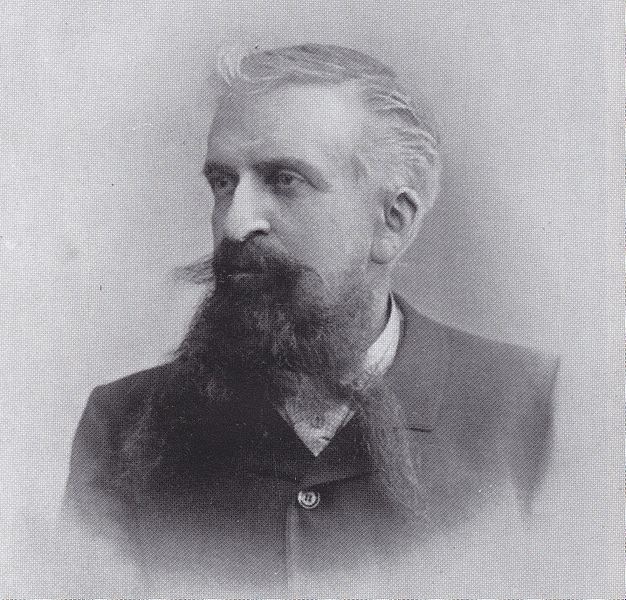
7 May 1841 – 13 December 1931 was a French polymath whose areas of interest included anthropology, psychology, sociology, medicine, invention, and physics.He is best known for his 1895 work The Crowd: A Study of the Popular Mind, which is considered one of the seminal works of crowd psychology.
He published a number of medical articles and books before joining the French Army after the outbreak of the Franco-Prussian War. Defeat in the war coupled with being a first-hand witness to the Paris Commune of 1871 strongly shaped Le Bon's worldview. He then travelled widely, touring Europe, Asia and North Africa. He analysed the peoples and the civilisations he encountered under the umbrella of the nascent field of anthropology, developing an essentialist view of humanity, and invented a portable cephalometer during his travels.
In the 1890s, he turned to psychology and sociology, in which fields he released his most successful works. Le Bon developed the view that crowds are not the sum of their individual parts, proposing that within crowds there forms a new psychological entity, the characteristics of which are determined by the "racial unconscious" of the crowd. At the same time he created his psychological and sociological theories, he performed experiments in physics and published popular books on the subject, anticipating the mass–energy equivalence and prophesising the Atomic Age. Le Bon maintained his eclectic interests up until his death in 1931.
Ignored or maligned by sections of the French academic and scientific establishment during his life due to his politically conservative and reactionary views, Le Bon was critical of democracy and socialism.
//www.youtube.com/watch?time_continue=15&v=bCAhKGhYzh0
//www.youtube.com/watch?v=pOfsWTDhdNU
//www.youtube.com/watch?v=iMCL4c7h_5Y
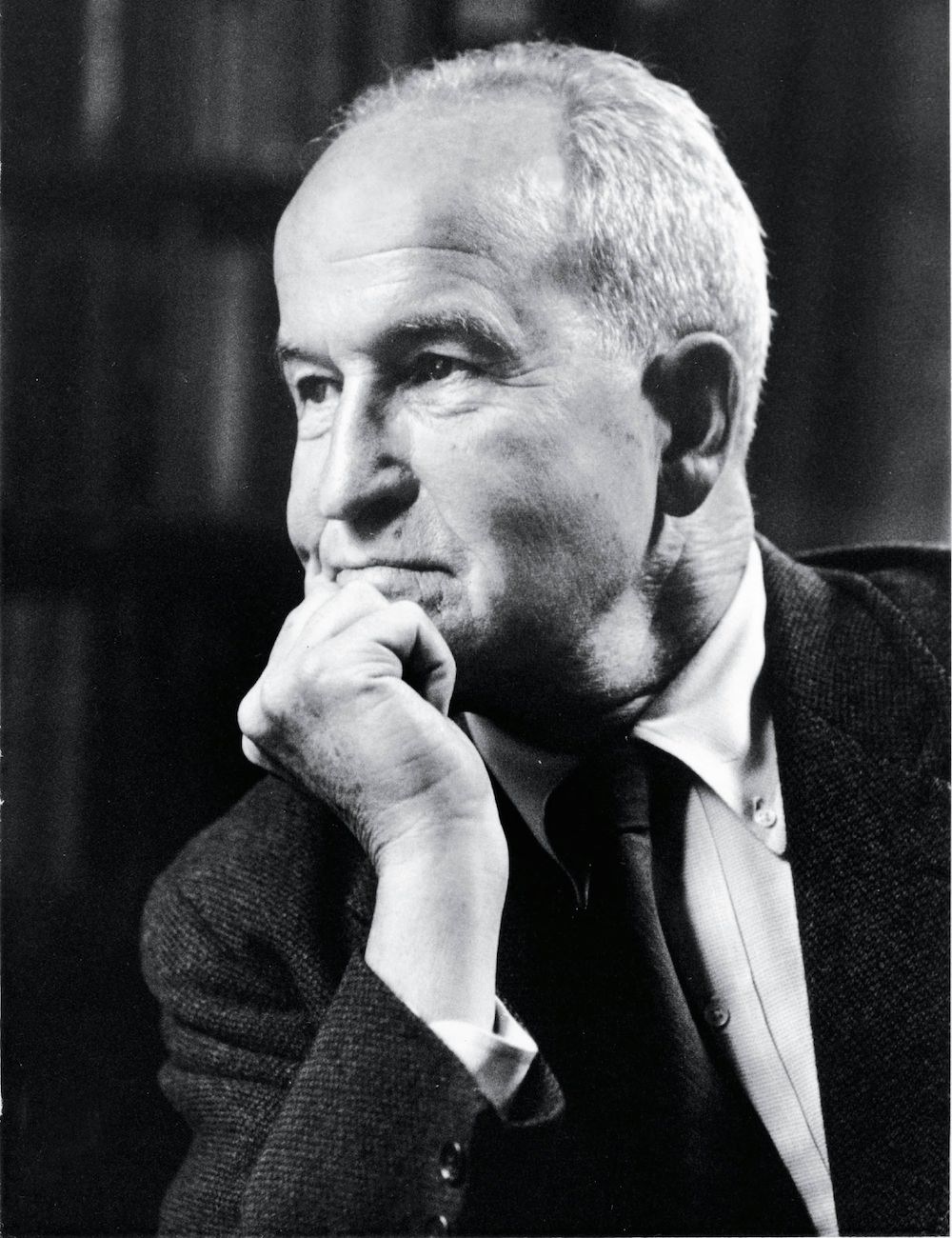
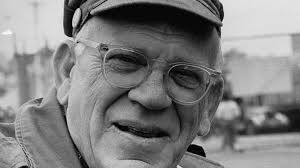
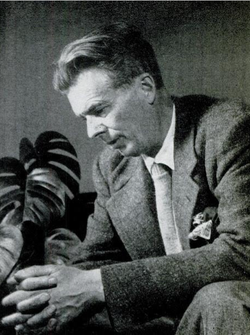
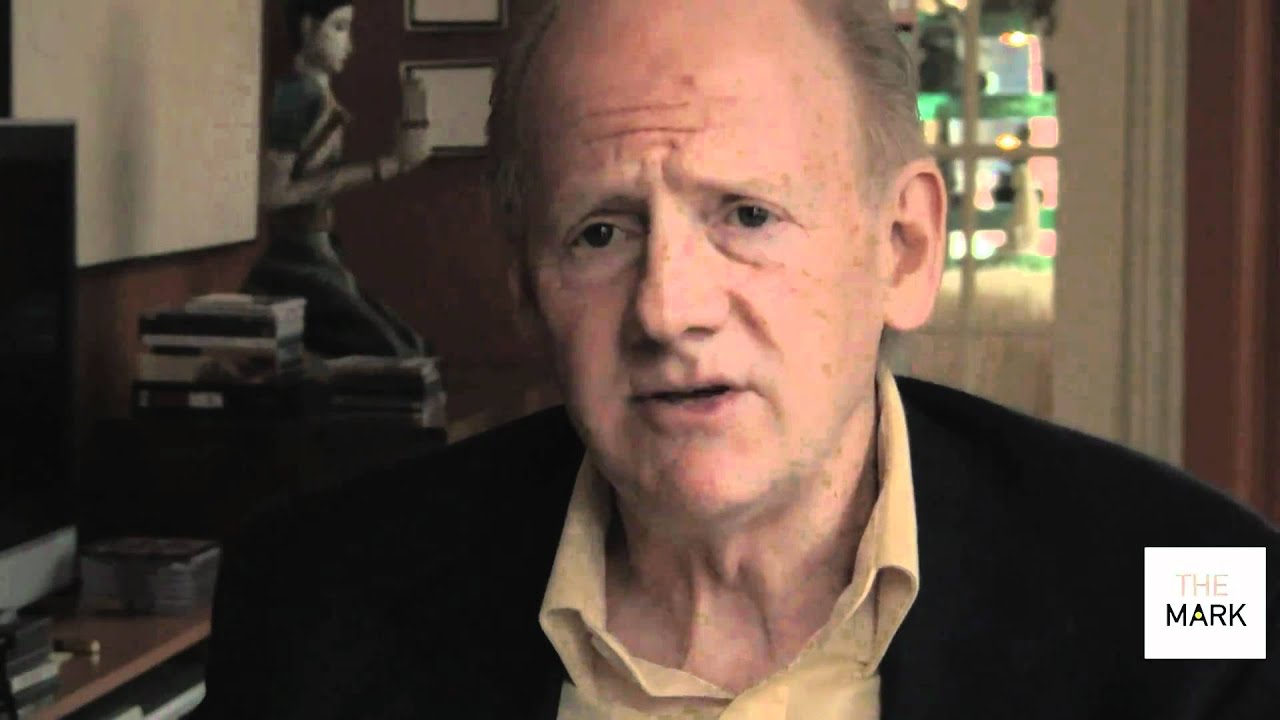
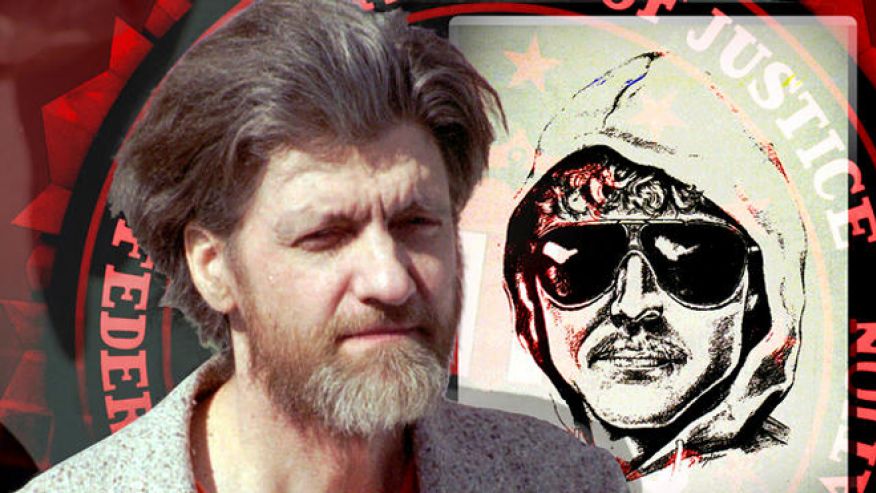
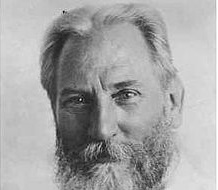
Charles Webster Leadbeater (16 February 1854 – 1 March 1934) was a member of the Theosophical Society, author on occult subjects and co-initiator with J. I. Wedgwood of the Liberal Catholic Church.
Originally a priest of the Church of England, his interest in spiritualism caused him to end his affiliation with Anglicanism in favour of the Theosophical Society, where he became an associate of Annie Besant. He became a high-ranking officer of the society and went on to write over 69 books and pamphlets as well as maintain regular speaking engagements. His efforts on behalf of the society assured his status as one of its leading members until his death in 1934.
Leadbeater was the first to connect Platos narratives about Atlantis to Sunda Continent, theme later continued by late Prof. Alyisio Santos, Brazil.
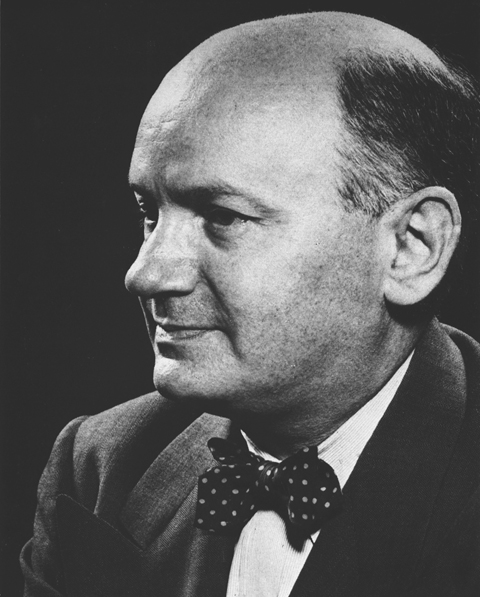
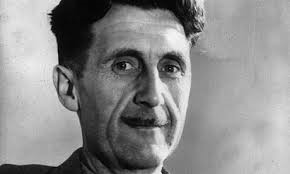
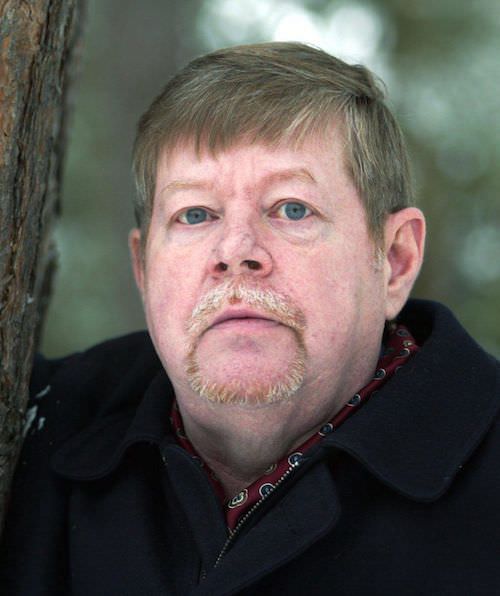
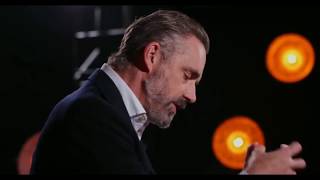
Born 1962 in Fairview, Alberta, Canada, JB Peterson is a clinical psychologist and professor of psychology at the University of Toronto. His main areas of study are in abnormal, social, and personality psychology, with a particular interest in the psychology of religious and ideological belief, and the assessment and improvement of personality and performance.
When he was 13, he was introduced to the writings of George Orwell, Aldous Huxley, Aleksandr Solzhenitsyn, and Ayn Rand
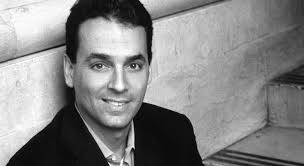
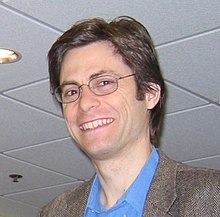
Max Erik Tegmark born 5 May 1967 is a Swedish-American physicist and cosmologist. He is a professor at the Massachusetts Institute of Technology and the scientific director of the Foundational Questions Institute. He is also a co-founder of the Future of Life Institute, a supporter of the effective altruism movement, and has received donations from Elon Musk to investigate existential risk from advanced artificial intelligence.
Tegmark was born in Sweden, the son of Karin Tegmark and American-born professor of mathematics Harold S. Shapiro. Tegmark left Sweden in 1990 after receiving his B.Sc. in Physics from the Royal Institute of Technology. (He had earned a B.A. in Economics the previous year at the Stockholm School of Economics.) His first academic venture beyond Scandinavia brought him to California, where he studied physics at the University of California, Berkeley, earning his M.A. in 1992, and Ph.D. in 1994.
His research has focused on cosmology, combining theoretical work with new measurements to place constraints on cosmological models and their free parameters, often in collaboration with experimentalists. He has over 200 publications, of which nine have been cited over 500 times. He has developed data analysis tools based on information theory and applied them to cosmic microwave background experiments.
| Copyright © 2018 - Thomas Nilsson - All rights reserved - [email protected] |
| Views: 520648 - Atualizado: 21-10-2024 |